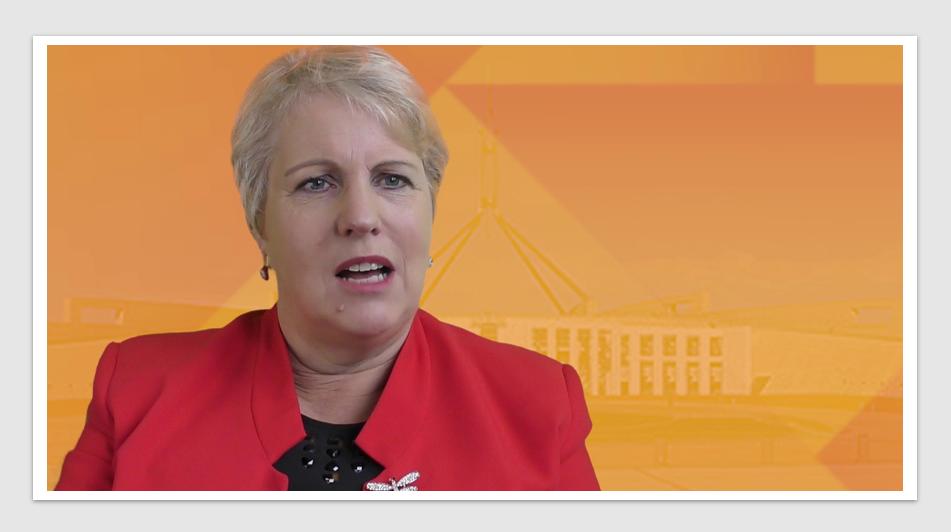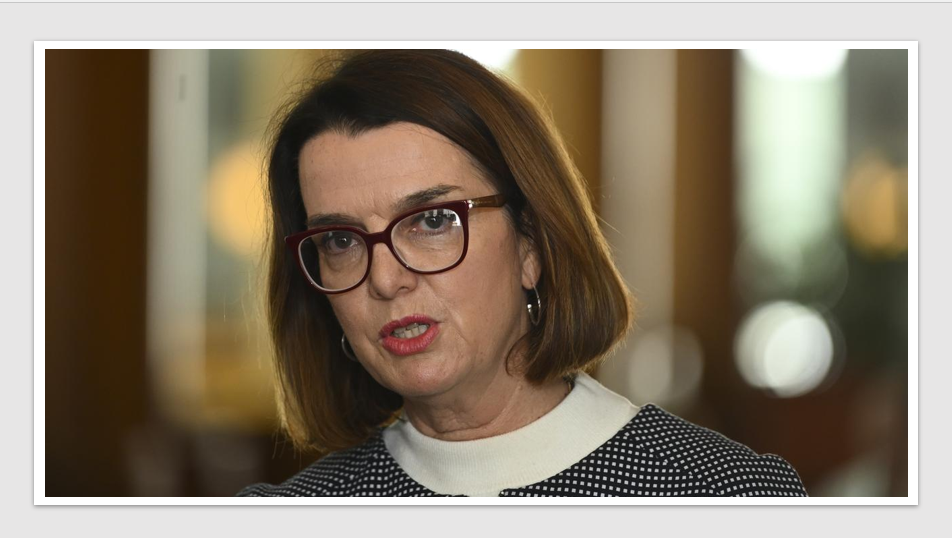ESG
Landmark National Health and Climate Strategy to roll out ‘green procurement guidelines’ for medicines and surgical supplies
ESG: At the 28th United Nations Climate Conference (COP28) in Dubai, Ged Kearney MP, Assistant Minister for Health and Aged Care, launched Australia’s inaugural National Health and Climate Strategy. This first of its kind strategy sets a visionary path toward a resilient, net-zero health system aimed at safeguarding Australians against the health impacts of climate change.
Statistics underscore the healthcare industry’s carbon footprint, accountable for 4.4% of global greenhouse gas emissions and an even more noteworthy 7% in Australia. Alarmingly, these emissions surpass those of the aviation industry by over double, signalling an urgent need for intervention.
Assistant Minister Kearney emphasised the collective effort required, stating, “Our National Strategy on Health and Climate lays the foundations for all of society to work together to address the impacts of climate change on Australians’ health and wellbeing. We are working with other nations in addressing one of the most fundamental challenges facing the world. Part of this is reducing emissions from the health system – a key component of the National Strategy.”
Around 70% of the health system’s global emissions footprint is derived from the supply chain, including transport and disposal of medical goods. To address this, the government plans to collaborate with states, territories, industry, and suppliers to establish green procurement guidelines and foster sustainable resource use.
Moreover, efforts are underway to curtail health system waste across various hospitals and health services. Notably, NSW Health has formulated a sustainable waste management plan with an ambitious goal of diverting 80% of waste away from landfills. The recently launched Green Surgery Report further advocates for sustainable practices in surgical theatres, urging a shift from single-use to reusable medical equipment wherever feasible. Where ‘reduce and reuse’ are not possible, the lifespan of surgical items and devices can be extended through repair and remanufacture, and the recycling of waste.
The National Health and Climate Strategy also outlined plans to publish baseline emissions estimates for the health system by 2024, with subsequent regular assessments to monitor progress in emission mitigation. Additionally, the Australian Commission on Safety and Quality in Health Care will spearhead the pilot of new sustainability and climate resilience standards for health service organisations.
Emphasising the inclusive nature of strategy development, Assistant Minister Kearney stressed “As part of the National Strategy’s development, Labor consulted with First Nations groups to harness their wisdom and knowledge.
“Australia will work with international partners in addressing the impacts of climate change on our world’s health. I look forward to working with our friends and partners – including our Pacific neighbours – in the Alliance for Transformative Action on Health in the years ahead”.
Commending the efforts behind this landmark Strategy, Madeleine Skellern, Director of National Health, Sustainability and Climate Unit, expressed gratitude to Assistant Minister Kearney, Chief Medical Officer Paul Kelly, and her dedicated team at the Department of Health and Aged Care. She also acknowledged the persistent advocacy of organisations like the Climate and Health Alliance and Doctors for the Environment Australia (DEA) “whose tireless advocacy for action on climate and health over many years laid the basis for the Strategy.”
 In reimagining healthcare across the entire patient journey, Health Industry HubTM is the only one-stop-hub bringing the diversity of Pharma, MedTech, Diagnostics & Biotech sectors together to inspire meaningful change.
In reimagining healthcare across the entire patient journey, Health Industry HubTM is the only one-stop-hub bringing the diversity of Pharma, MedTech, Diagnostics & Biotech sectors together to inspire meaningful change.
The content on Health Industry Hub is copyright protected and should only be accessed under individual user licenses. To subscribe, please click here and visit T&Cs here.
News & Trends - MedTech & Diagnostics

Parliament passes lung cancer legislation
MedTech & Diagnostics News: Lung cancer is the leading cause of cancer death and is responsible for almost one in […]
MoreNews & Trends - Pharmaceuticals

Senator Ruston criticises Budget’s lack of ‘real seamanship’ in tackling pressing healthcare challenges
Pharma News: Senator Anne Ruston, Shadow Health Minister, was warmly welcomed at the Post-Budget event held in Parliament House yesterday […]
MoreNews & Trends - MedTech & Diagnostics

Baxter announces branding for spin-off kidney care business
MedTech & Diagnostics News: Baxter has unveiled the mission and logo for its forthcoming kidney care and acute therapies company, […]
More
